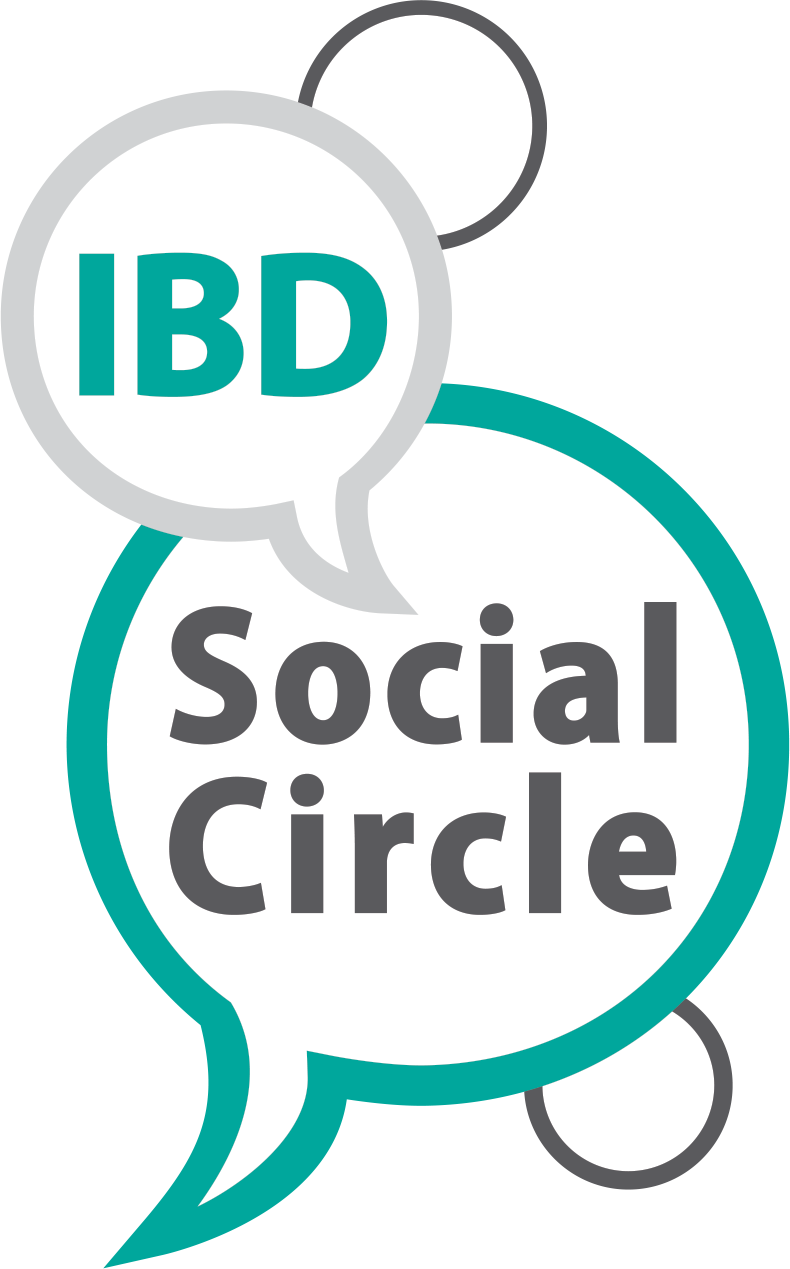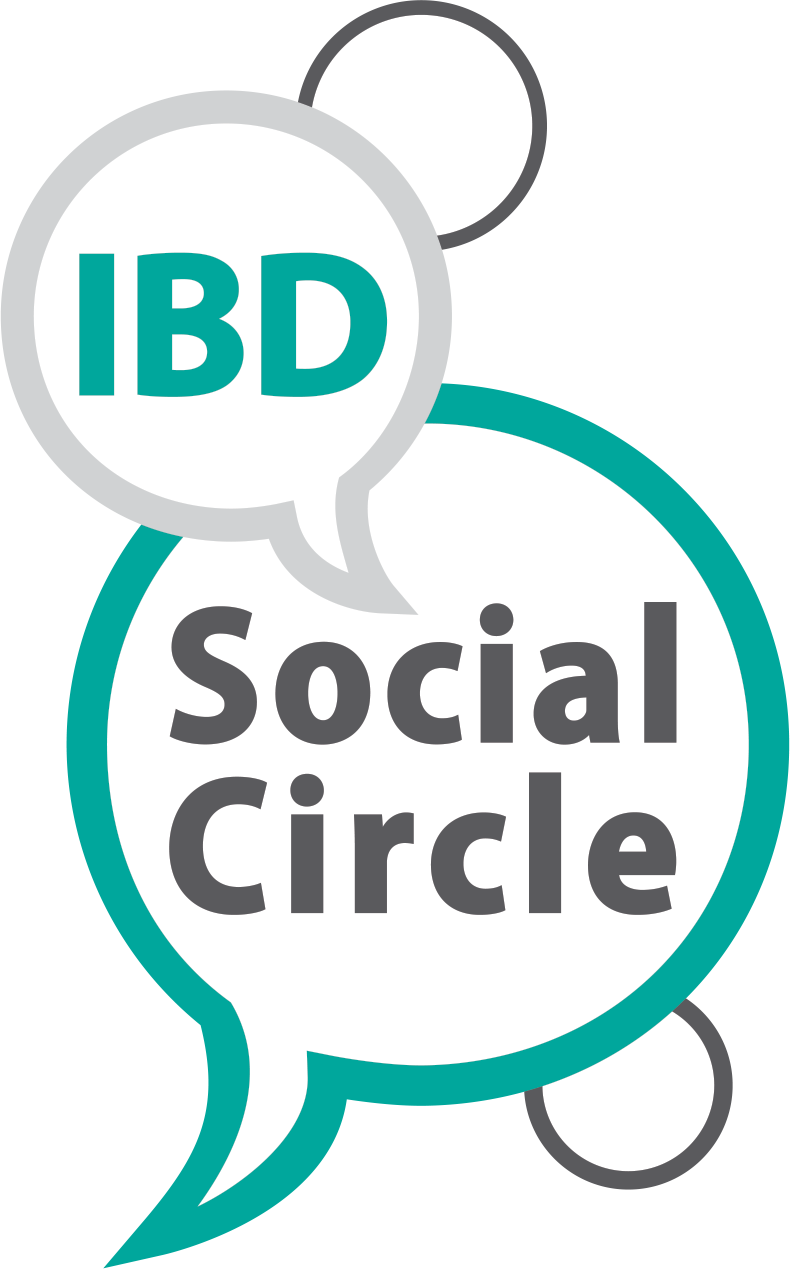Brooke Abbott shares her approach to being a single parent living with IBD and how clear communication and transparency can make children more empathetic to others living with chronic conditions and limitations.
Whether it’s by choice or not, single parenting is a journey that is difficult to navigate while also living with inflammatory bowel disease. Single parenting may profoundly affect the management of IBD and the complications that may arise from a chronic condition. However, as a solo single mom living with IBD, I can tell you that you can successfully handle and manage your IBD as a single parent with some organization, a plan, and strategies. First, let’s talk basics. We should break down the different forms of single parenthood and what that may include. Here are some definitions I like to use that are based on my personal experiences:
- Single parent by choice: A person who chooses to raise a child as a single parent without the involvement of a/the co-parent.
- Single parent by chance: A person who started parenting with a co-parent with a romantic partner, and now that romantic relationship has ended. However, both parties are still involved in the child’s life, and parenting duties are divided between the two adults.
- Solo single parent: A parent managing all aspects of parenting and a family/household independently with no support from a co-parent. They are not receiving any emotional, physical, or financial support from the other parent. Your status as a solo single parent can be for a short or extended period.
- Solo parenting: A parent who is financially supported by the co-parent but may be left to all the physical and emotional aspects of parenting over a short or extended period because the co-parent travels often, is in the military, or does not keep a socio-normative schedule that allows for shared physical responsibilities.
Much like your journey with inflammatory bowel disease, your journey through single parenthood may be fluid and ever-changing. Single parenting is unpredictable, often painful, overwhelming, and laden with guilt, leaving you carrying all the weight, much like living with IBD. Adapting to single parenthood helped me understand managing my IBD better. I’ve learned how to prioritize my time, what to worry about, and what to fight for. I’ve also learned how to value self-care. Here’s what I learned early on in my single parenthood journey:
Communication and transparency are key.
Depending on your custody agreement, there is a possibility that you have your child/children a majority of the time. During that time, there will be moments when you will need to miss an event, cut back on school volunteer hours, or parent from the couch. Being communicative about your energy level is not burdening your child; it may give them a better understanding of your limits. I have modified activities and rescheduled a lot over the years, and with that comes communication on why. I also allow the space for my child to openly express their true feelings about some of my limitations. It was essential to me for my child to feel valid in their feelings about me having complications from living with IBD and other chronic conditions. As my child has gotten older, having clear communication has made them more reasonable, rational, and empathetic to others living with chronic conditions and limitations.
A good shortcut can buy you some time.
Some weeks if I need groceries delivered to spend a little more time playing with Legos or working on a science project, then that’s what I will do. Or keeping dry snacks and water upstairs in a container in the bedroom on those weekend mornings I was not ready to move around but had no partner to help occupy a curious toddler. I am obsessing over my pressure cooker/slow cooker combination pot and its magical powers of turning frozen meat into quarts of deliciousness in minutes. Find ways to shave some time off tasks to dedicate more one-on-one time with your children. Sometimes you and the kids feel cheated out of a fun time. Spending a little extra on grocery delivery, house cleaning, or laundry delivery allows me to spend the time I cannot buy back.
Create a village.
No one can do everything on their own. Creating a village of support for you and your kids is essential. My kid not only knows there is a group of adults that will hold him accountable but also a group of adults he can go to for support, love, and solace. Your village can also be an excellent resource for parenting ideas or breaks when you need to tap out.
Shared color-coordinated calendars are lifesavers.
I love color-coordinated calendars. They help you see visually how busy the entire household is and can help you coordinate. They also help your childcare provider understand what needs to be done in your absence. When I was very sick for a few months after separating, my mother and grandmother were my primary childcare support team. I shared my calendar with them so that they could see my child’s schedule and when I might need a pharmacy pickup or a ride to a doctor’s appointment. The calendar helps me take some of the weight off my shoulders in thinking I have to juggle and remember every little thing all the time.
A single-parent household will not hurt your child.
Even though I came from a single-parent household, I have carried a lot of guilt over the years about my child being raised in a single-parent household. I worried that they were missing out on something crucial to their development or that I was not enough of a parent as someone living with a chronic condition. Listen, your kid is loved and safe. You are doing your best, and that’s all any other parent is doing. Your kid is no better or worse off than a child in a two-parent household with parents not living with a chronic condition.
Parenting is the best and most challenging job we will ever have. Single parenthood can be 10x the emotions, responsibility, and patience. Give yourself some grace and be patient with yourself. You are doing an excellent job!
Disclaimer: This resource was developed by an IBD Social Circle patient advocate who has been compensated for their time. This content is informational, does not reflect all patient journeys, is not intended to be taken as medical advice, and should not replace the recommendations and advice of your healthcare provider.



